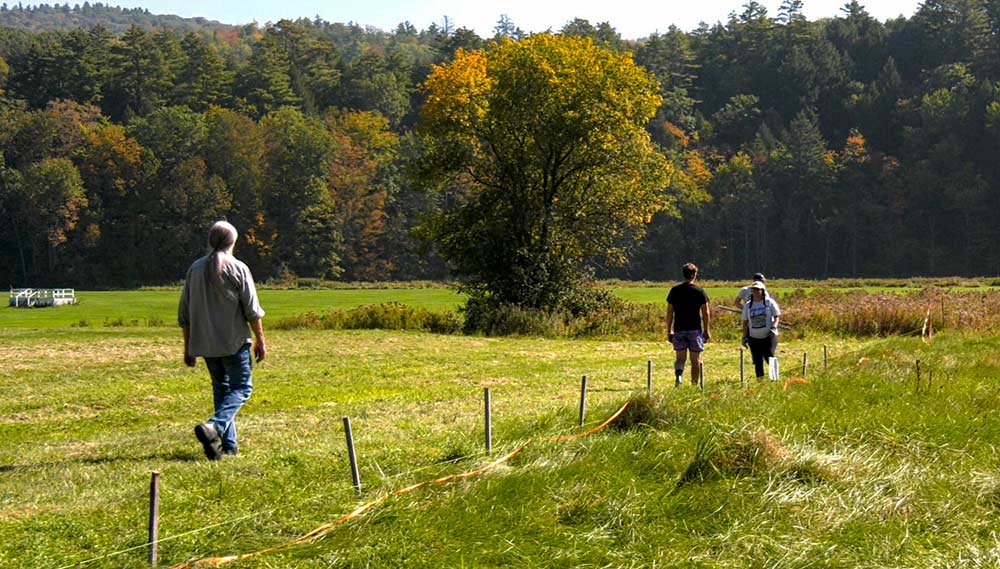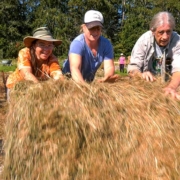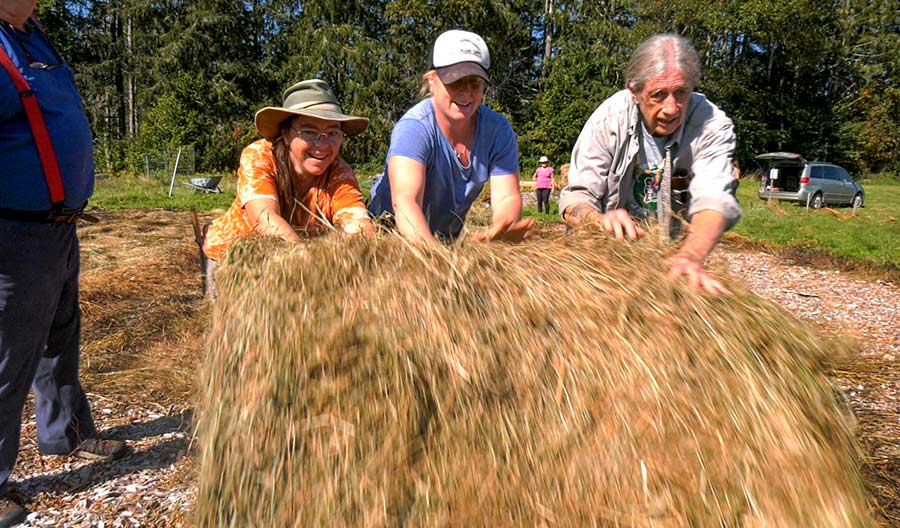Abenaki Garden
This garden is situated on land in the Upper Valley that has been home to the Abenaki people for thousands of years. The name of this place means “where the land falls” and within this sacred gorge, we are creating a place to grow the Seven Sisters: Sunflowers, Squash, Corn, Beans, Tobacco, Jerusalem Artichoke, and Chokecherry. We are creating a place to gather, to dance, to tell stories, to host ceremonies, and to continue living in right-relationship with this land for generations to come. We will plant seeds that have been growing here for thousands of years, and that continue to grow in reciprocity with the needs of the land we are tending to. We hope to be able to cultivate and share these seeds widely, as well as sharing the produce with Abenaki families in need, in an effort to heal the land beyond our garden through responsible cultivation of the plants that are integral to the health of our people and local ecosystem.
We are also establishing a food forest where nourishing native foods and herbs can thrive, and, in turn, contribute to the thriving of our community. It has been wonderful to see which foods and plants are already growing in the forest and marsh that we can continue to nurture and cultivate. As we tend to this land, we are also tending to our community through education and sharing stories and traditional agricultural practices with people from all walks of life. Our vision is for this to be a place that all generations can come together and learn from each other, to learn that the Abenaki are still here and eager to teach their traditional knowledge in this time of uncertainty and we want this to be available for generations to come.
 There is so much wisdom in our community about this land and what plants can both nurture and be nurtured by this land. Right now, we are in the building phase of this garden, which is a really exciting place to be. We will have a rain collection system installed to sustainably water our plants. Our Board of Directors is Abenaki lead, and we have plans to hire an Abenaki manager for the garden and are currently fundraising to support that person’s work. Our efforts are also centered on finding other sources of sustainable funding, in addition to the funding from VTCHEP that allowed us to purchase some of the initial building materials to make this plan into a physical reality.
There is so much wisdom in our community about this land and what plants can both nurture and be nurtured by this land. Right now, we are in the building phase of this garden, which is a really exciting place to be. We will have a rain collection system installed to sustainably water our plants. Our Board of Directors is Abenaki lead, and we have plans to hire an Abenaki manager for the garden and are currently fundraising to support that person’s work. Our efforts are also centered on finding other sources of sustainable funding, in addition to the funding from VTCHEP that allowed us to purchase some of the initial building materials to make this plan into a physical reality.
Indigenous food sovereignty and community spaces are integral to our health and wellbeing, and the ripple effects are significant. When we have access to land, we have access to sustenance and to an affirming, culturally grounded place to gather and support each other.





